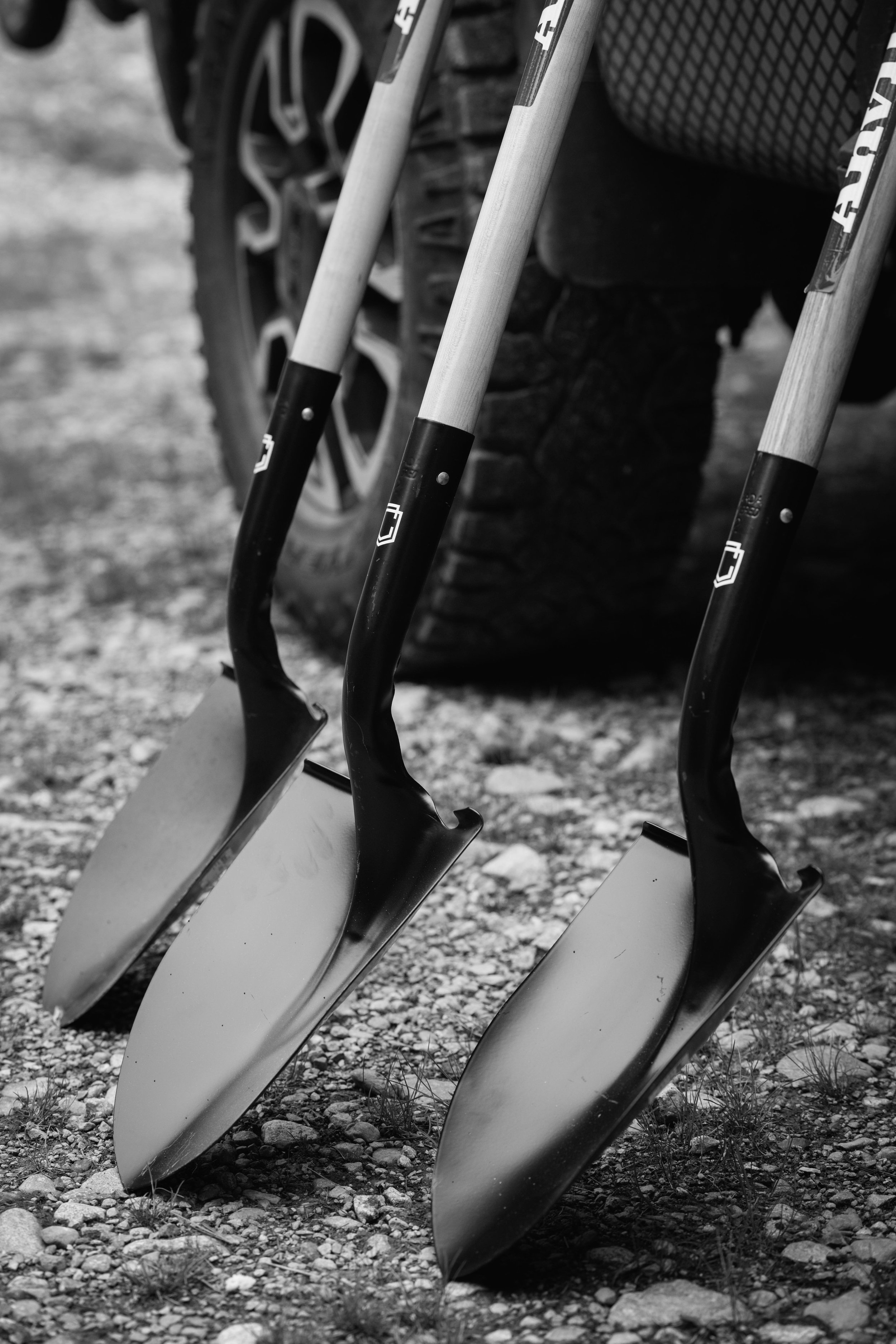
TRAIL EDUCATION
A Nature Nerd's Perspective on Trail Building
Click here for a talk about the evolution of trail use and management, what has been done really well, and how we can collaboratively improve in the future for the protection of species and habitat while maintaining great recreational trail networks. This talk was a partnership between the Pemberton and District Public Library and Veronica Woodruff with Stewardship Pemberton Society and the Pemberton Wildlife Association. It was created in consultation with Pemberton Off-road Cycling Association (PORCA) and Pemberton Valley Trails Association (PVTA), and celebrates the newly formed Pemberton Valley Recreational Trails Master Plan Working Group.
Play. Clean. Go.
Did you know… Many invasive plants are able to spread rapidly through trail networks by “hitchhiking” on people, pets, or their equipment. For example, seeds, burrs, and plant parts can get caught up in the tires of a mountain bike, and be transported to the next area or trail where the biker rides. To prevent the spread of invasives, it is important to clean shoes, gear (like mountain bikes!), and pets before leaving the trail-head or moving to a new trail-head. This is especially important for mountain bikers in the Sea to Sky, since many of us travel between different trail networks, and even come and go from other trail networks around the world, potentially introducing new invasive species into our area.
What is an invasive plant? Plants that are from elsewhere, and were introduced to our area by people (often through the horticulture plant trade). They cause significant environmental and economic damage. Some of them are also a human health hazard. The Sea to Sky Invasive Species Council are a local non-profit that works to prevent the spread of invasive plants in the Sea to Sky area. They have introduced the ‘Play Clean Go‘ campaign to educate trail users on how they can reduce the introduction of invasive species in our area.
Whether walking, hiking, running, biking, or riding your horse or OHV, it’s important to make sure you don’t accidentally move invasive species from place to place. Here are a few steps you can take to help prevent the spread of invasive species:
REMOVE plants, animals & mud from boots, gear, pets & vehicle.
CLEAN your gear before entering & leaving the recreation site.
STAY on designated roads & trails.
USE CERTIFIED or local firewood & hay





